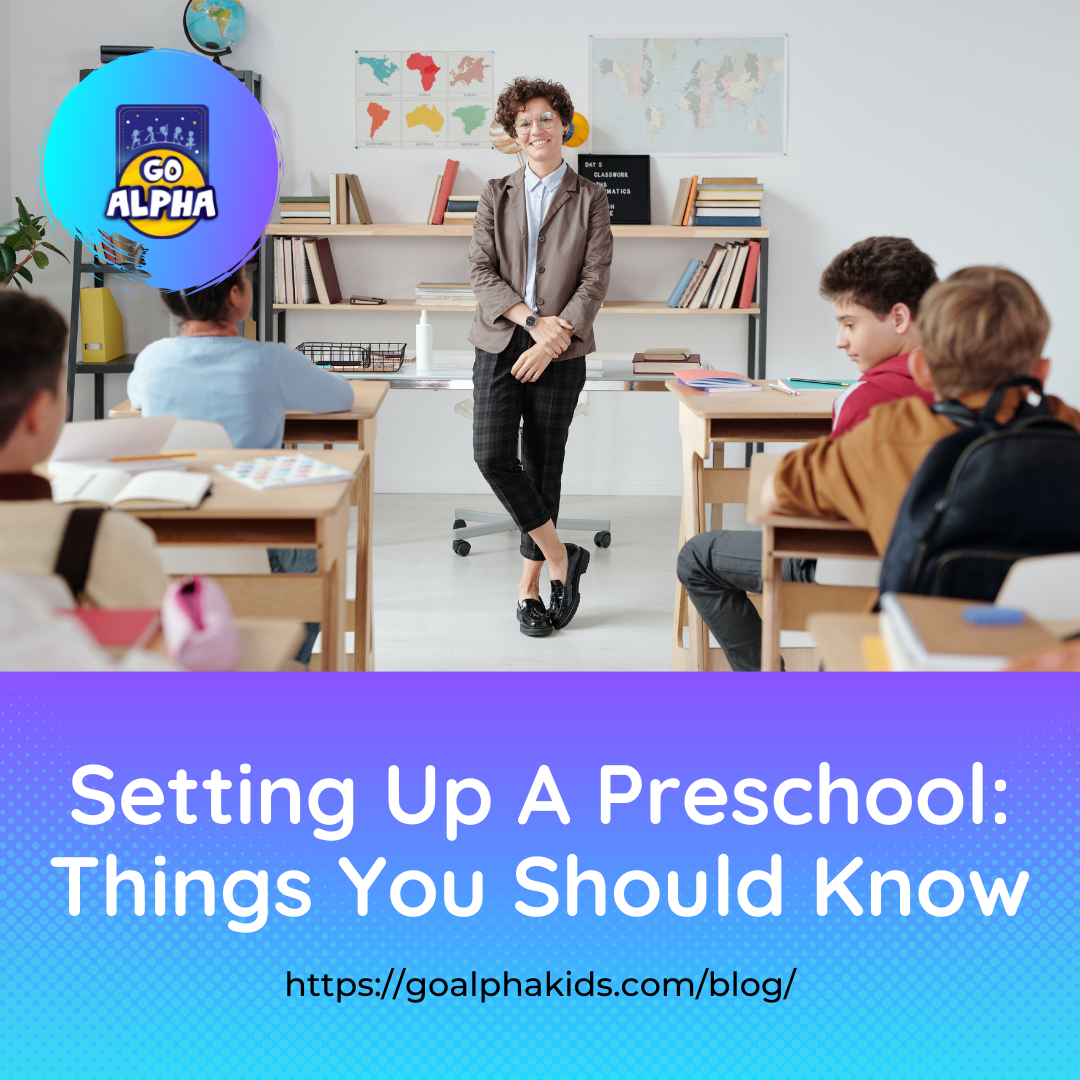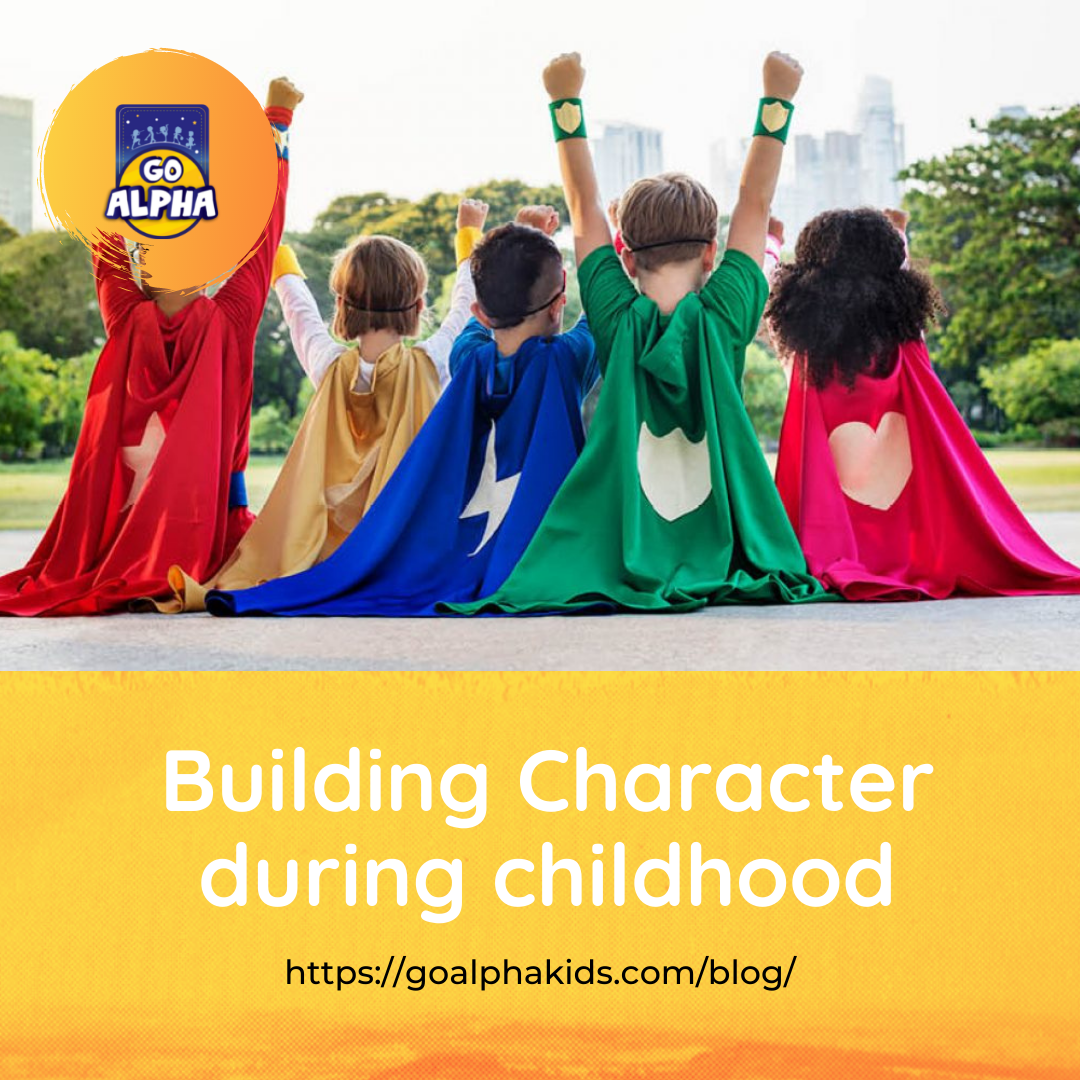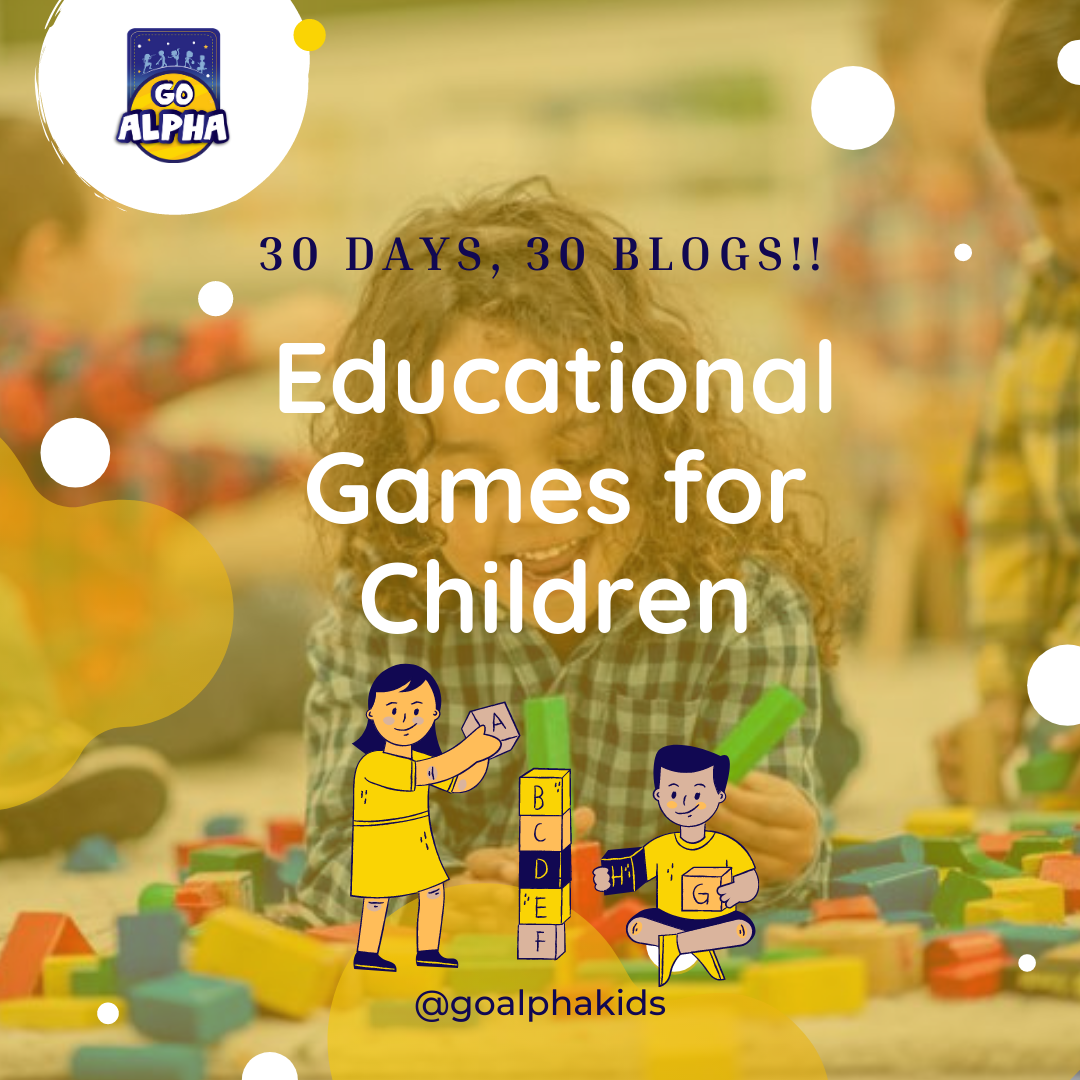

Educational Games for Children
School isn’t what it used to be, and neither is education. Today, it is necessary to use innovative techniques and tools to help the child stay engaged and active.
Although reading stories and writing answers to complete assigned work is an essential part of learning, it is not the only way to learn. Games and activities are necessary for the learning process.
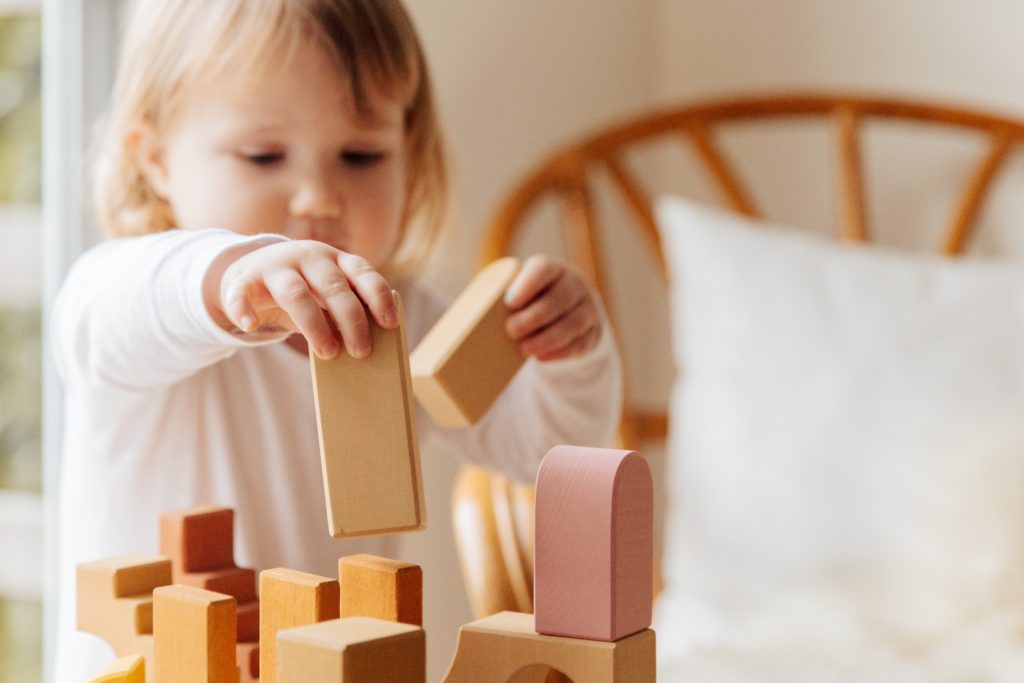

- Learning through games and activities foster self-learning abilities in a child.
- Games create a healthy relationship with the process of learning.
- Age-appropriate activities and games help break the monotony of the process.
- Learning and remembering concepts through games ensures long term retention.
Once we realise the importance of games, the question arises where can one find games that are both fun and engaging. Fortunately, technology has advanced significantly since our time, and children now have an abundance of resources at their disposal to have fun while learning.
- Video games use a story format to progress within the game. The stories require the children to solve puzzles and answer questions that give them bonus points and rewards.
- Multiple games are available for download on any device.
- Youtube videos and learning applications use various games while teaching lessons.
- AR and VR technologies have developed to the point where children can scan pictures and watch them come to life.
Benefits of using educational games
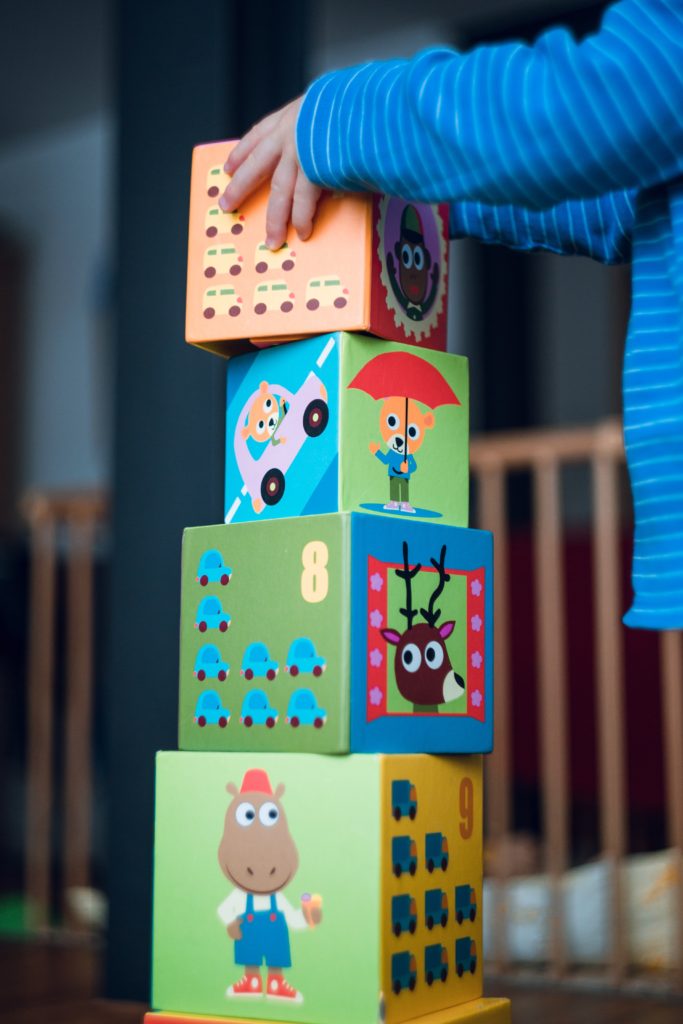

GAMES HELP DEVELOP TRANSFERABLE SKILLS.
Games can develop transferable qualities in a child. It allows the child to apply their knowledge and practice the learnt skills within the game setup.
Also, children can actively use their skill sets in their day to day lives, and this further improves their imagination skills, and they can come up with new techniques to deal with their boredom.
DEVELOPMENT OF CRITICAL THINKING.
Games can also help the children to think critically. It also improves their ability to deal with real-world problems.
Games that allow children to solve puzzles and create virtual worlds help develop spatial reasoning. These games improve their academic performance and prepare them for the professional world.
IMPROVED CURRICULAR PRACTICES.
Well-designed educational games can combine curricular objectives with a fun learning process. Schools can thus implement the necessary changes and include more games in the syllabus.
The children will be excited to learn, and they will be able to retain ideas and concepts for extended periods.
IMPROVED EQ (Emotional Quotient).
When a child plays a game, they are bound to react to them in a particular manner. Age-appropriate games ensure that children can develop a healthy response mechanism.
- Responding to sadness, anger, and even happiness can have a lot to do with the type of games a child plays regularly.
- The children, when involved in role-playing games, can develop their emotional quotient as well. As they interact with various characters, they must engage with all sorts of roles and activities. Doing so will help them develop skills of sharing, waiting, caring and nurturing as well.
IMPROVED CONCENTRATION
It is no surprise that children enjoy playing games more than reading in general. They can easily focus on gaming, the same way they tend to focus on videos. It uses the same logic of interactive and colourful visuals that are attractive to the children.
The added advantage of educational games is that:
- The children can control the movement of the characters.
- They get rewards for solving a question or a problem.
- The children tend to respond better to animated visuals, as they are reminiscent of the cartoons they enjoy watching. This relatability helps them stay focused for a long time.
- Winning a game releases happy hormones that motivate a child to interact with the game regularly.
- Educational games allow the children to use their knowledge, which makes them feel in control and gives them a sense of appreciation and authority while playing the game. As a result, they play the game every day.
EDUCATIONAL GAMES HELP DEVELOP IMAGINATION AND CREATIVITY.
Learners develop new ways of approaching problems and form innovative methods to achieve their goals.
The interactive techniques used in lessons allow children to develop games of their own. The various games and activities help them stay active and engaged without getting bored.
Children’s interaction with their daily environment changes with the types of games they play. Their imagination helps them in everyday situations, and they can think more critically and look at problems from multiple perspectives.
BEST EDUCATIONAL GAMES FOR CHILDREN
The best and easiest course of action with gaming is to use an app or provide the child with a video game that helps them use their skill set to the best of their abilities.
But it is also possible for parents and teachers to engage in some classic games with the child, and the various games they can play include:
Pictionary


This game can help the child visualise their learning. By drawing clues and guessing the drawn clue, the children can use the game to revise concepts or learn new words and ideas.
Charades


The game allows children to be more active during lessons. Acting out topics and making guesses creates a fun-filled environment, and this is a fun recalling activity for the class. Charades pique a person’s interest in a subject. Children try to think of amusing ways to explain the clues to their classmates and peers.
Puzzles
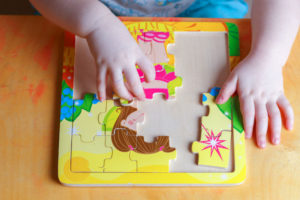

The act of moving and rearranging shapes and pieces helps a child’s logic and problem-solving abilities develop. The child is aware of how one piece interacts with another. The kids also learn about how shapes function and how a picture or image forms.
Bingo
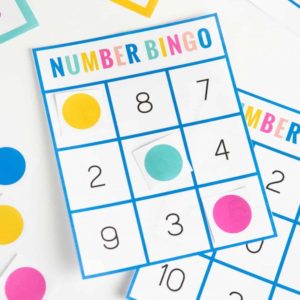

Bingo can help improve reading abilities and can even be used to engage children in educational tasks. As the parent or the teacher can form a game using a set of activities that will help the child familiarise themselves with the topic. The children will then try to complete their tasks and get bingo to win.
The game helps them enjoy a lesson more without feeling the pressure of learning.
Finally, we must maintain a healthy balance between offline and online games. The following websites provide ideas for various games and activities that can keep a child engaged and motivated:
Related Blogs
FREE Sports class Demo at your preschool
Please fill the form to get more information and set up a FREE Go Alpha Demo at your preschool.


